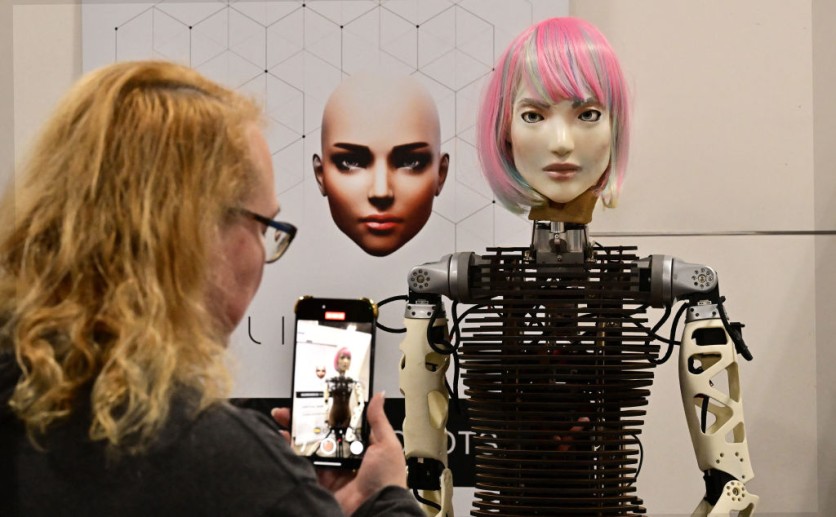Experts tell us that how robots communicate with humans has a significant impact on our comfort and trust.
A recent study conducted by researchers at the University of Potsdam looks into social robots and the impact of dialects on human perceptions, revealing unexpected views on how robots should speak (via TechXplore).

How Social Robots Should Communicate
Social robots, intended to assist humans in various tasks ranging from teaching to caregiving, aim to interact seamlessly with humans. With this, one important question arises: should these robots speak in a familiar accent or dialect or use a standard language?
Lead author Katharina Kühne highlights the complexity of these preferences: "Surprisingly, people have mixed feelings about robots speaking in a dialect-some like it, while others prefer standard language. This made us think: maybe it's not just the robot, but also the people involved that shape these preferences."
The study focuses on the impact of dialect use, specifically the Berlin dialect in German, on the acceptance of robots. To understand this, the researchers conducted an online survey involving 120 participants living in Berlin or Brandenburg.
The participants watched videos of a robot speaking in either standard German or the Berlin dialect, known for its working-class and friendly impression.
Interesting Findings
The findings revealed a clear connection between trustworthiness and competence, with higher perceived competence predicting higher perceived trustworthiness.
While respondents, in general, preferred a robot speaking standard German, those comfortable with the Berlin dialect leaned towards the robot speaking in the dialect.
Kühne explains the dilemma, "Imagine a robot that can switch to a dialect. Now, consider what's more critical in your interaction with a robot: feeling a connection or perceiving it as competent."
The study suggests that people tend to trust a robot more if it speaks in a dialect they are comfortable with, indicating a preference for similarity.
Read Also : Researchers Develop Life-Saving 'Robot Medics' That Can Reach Places Where Doctors Can't
Dialect-Speaking Robots as More Trustworthy
Interestingly, participants who reported proficiency in the Berlin dialect were more likely to trust the robot speaking in that dialect. Even more surprising was the finding that these individuals also assessed the competence of the standard German-speaking robot positively. This suggests a nuanced interplay between dialect proficiency and perceived competence.
Participants' assessments of the robot were influenced by demographic factors such as age, gender, length of residency in Berlin, and the device used to view the videos.
Respondents using phones or tablets tended to give lower ratings to the robot speaking standard German, possibly due to distractions and higher cognitive load.
The study opens possibilities for designing social robots that can tailor communication to individual preferences. Understanding the impact of dialects on trust and competence allows for more nuanced approaches in developing robots that resonate with diverse user groups.
While the study provides valuable insights, the researchers acknowledge the need for further exploration in real-life situations. As Kühne notes, "Context matters a lot in our conversations, and that's why we're planning to conduct more studies in real-life situations."
Stay posted here at Tech Times.
Related Article : Meet EVE, a Norwegian Robot Who Can Perform Usual Tasks at Home: Here's What It Can Do

ⓒ 2025 TECHTIMES.com All rights reserved. Do not reproduce without permission.




